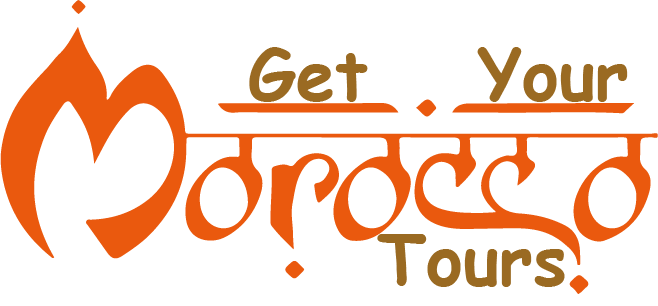24
November 2023
Moroccan spoken languages
By: Lahcen Bouni
Our Tours:
From Marrakech to Fes via Sahara desert and Dades Valley:
From Fes to Marrakech via Sahara Desert and Dades Valley:
From Casablanca to Marrakech via ChefChaouen and Fes and Sahara Desert and Dades Valley:

Table of Contents
The spoken languages in Morocco reflect a rich cultural diversity . Arabic and Amazigh are the official languages, with Arabic taught in schools and used in administration, while Amazigh holds significant importance in certain local communities. French is also widely used in daily life and education. This linguistic diversity enhances cultural interaction among the population, embodying the diverse heritage of the kingdom.Should I learn some basic phrases?
Standard Arabic is Most Important Moroccan Spoken Languages
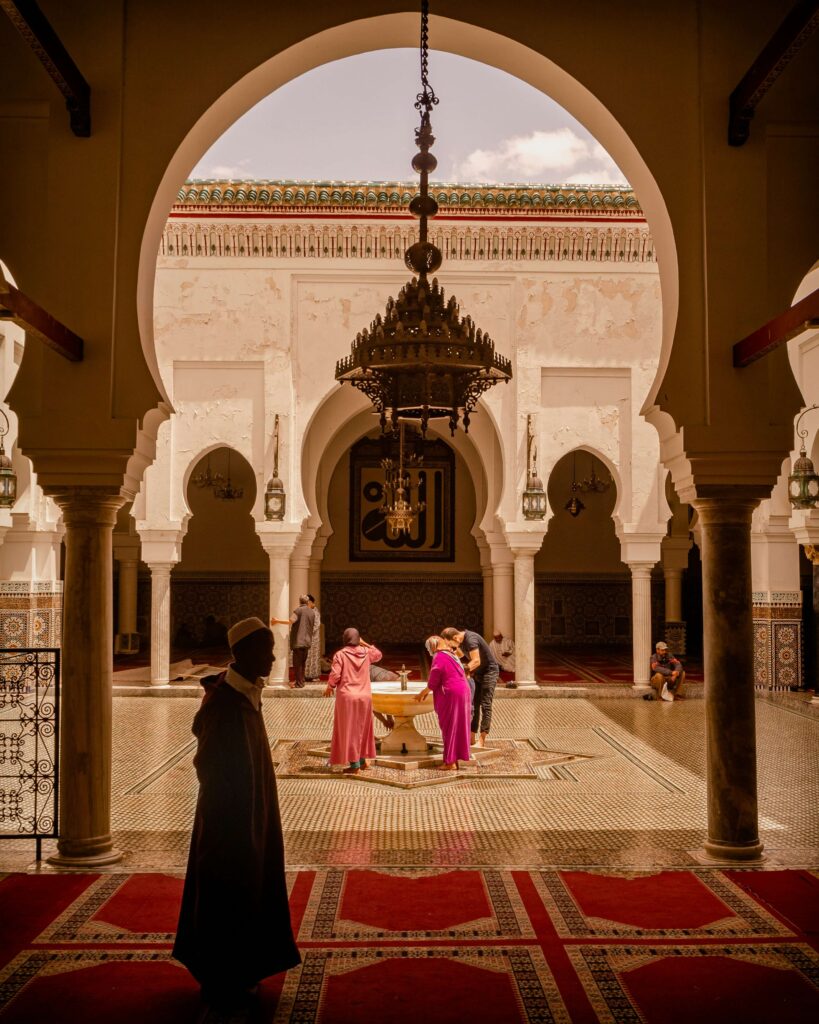
Standard Arabic holds a unique position in the linguistic landscape of Morocco, expressing deep historical ties and the cultural identity of the kingdom. Its usage across various domains serves as evidence of communication with Arab cultural traditions, while simultaneously displaying aspects of evolution to meet the needs of the modern society.
- History of Arabic Language in Morocco:
The use of the Arabic language in Morocco dates back centuries, serving as a language for the Quran, knowledge, and a means of expression and communication. The language has been influenced by various civilizations and empires that have shaped the region, adding rich layers of influences.
- Arabic Language in Education:
Arabic occupies a significant place in the Moroccan education system, being taught in schools as an official language. Many recognize the importance of Arabic as a foundation for religious understanding and cultural comprehension.
- Language and Media:
Standard Arabic is prominently featured in Moroccan media, whether in newspapers or television channels. This usage enhances communication with the audience and contributes to the dissemination of information and news with an Arab character.
- Challenges and Evolution:
Despite the commitment to Arabic, Moroccan society faces challenges in keeping up with modern linguistic developments. There is an observable integration of some foreign terms and words into daily life, indicating the language’s need for evolution and adaptation.
Moroccan Dialect is one Most Important Moroccan Spoken Languages
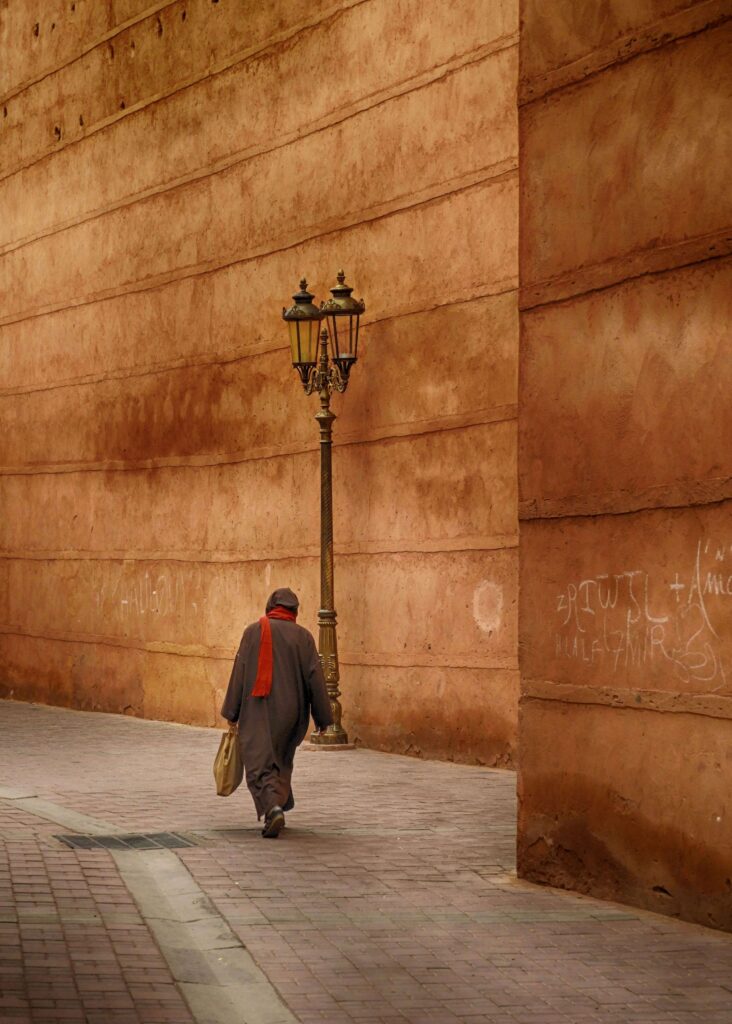
Morocco stands out for its cultural and linguistic diversity, with one prominent element being the Arabic language in its distinct and unique dialect known as “Darija.” Moroccan dialect not only reflects linguistic diversity but also the deep historical roots and multiple influences that have shaped this vital aspect of Moroccan identity What are the spoken languages in Morocco?
- Multiple Influences:
Moroccan dialect embodies a diverse mix of cultural and linguistic influences, blending Arabic, Amazigh, and African influences, giving it a unique texture. This is evident in the use of words and expressions that reflect its diverse roots.
- Darija: Language of Daily Life:
Moroccan dialect seamlessly integrates into the daily lives of Moroccans. It is used in everyday conversations, extending beyond language boundaries to express the emotions and sentiments of the community. The presence of Darija in various aspects of life reflects its profound impact.
- Regional Diversity:
Moroccan dialect varies from region to region, reflecting the cultural and geographical diversity of the kingdom. One can identify another person’s place of residence based on their dialect, highlighting the deep connections between language and local identity.
- Dialect in Arts and Media:
Moroccan dialect holds a strong presence in the arts and media, with artists and scriptwriters considering it an integral part of portraying life and artistic expression. These mediums contribute to the dissemination and enhancement of Darija as a symbol of national identity.
Moroccans speak multiple languages : Amazigh Language
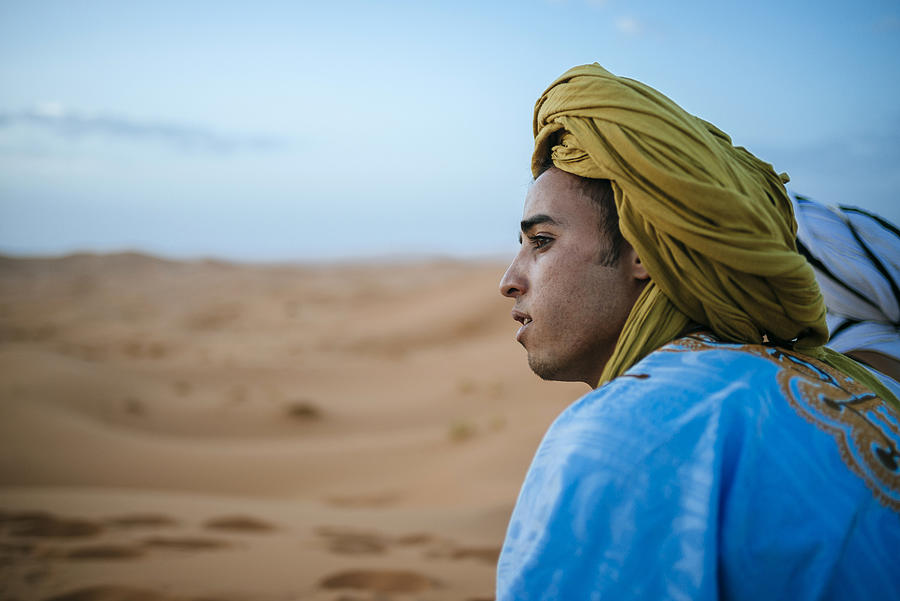
The Amazigh language is one Most Important Moroccan Spoken Languages considered a pillar of cultural identity in Moroccan society, possessing rich historical roots that reflect cultural diversity and richness. The language serves as a vital means for generations to express their identity and heritage. is Most Important Moroccan Spoken Languagesz
However, the Amazigh language has suffered from historical neglect, lacking sufficient attention in official and educational domains. This neglect has diminished its role in the public sphere, raising questions about its future.
In recent years, the Amazigh language has undergone positive transformations, with integration into educational curricula and media. This reflects a shift in awareness regarding the importance of preserving this cultural foundation.
Nevertheless, challenges persist in preserving the Amazigh language, such as promoting its use in daily life and encouraging its continuity. Addressing these challenges requires collaborative efforts from the community and authorities to ensure the rootedness of this language in Morocco’s social and cultural fabric
Should I learn some basic phrases before visiting Morocco?
Morocco is one of the wonderful tourist destinations, and it is beneficial for visitors to learn some basic phrases in the local language to enhance their cultural experience and facilitate communication with the local people before visiting Morocco you must Most Important Moroccan Spoken Languages
- Effective Communication:
– Learning some phrases helps in basic understanding and simplifies communication with people in daily situations.
- Cultural Understanding:
– Understanding some aspects of the local language can open the door to a deeper understanding of the culture and traditions.
- Enriched Travel Experience:
– Learning some phrases can add an adventurous and unique cultural experience during travel.
- Appreciation by Locals:
– Greeting locals in their language shows respect for the local culture, possibly leading to a more welcoming reception.
- Shopping and Negotiation:
– Knowing some phrases may enable better negotiation in shops and markets.
The Status of the French Language in Moroccan Society
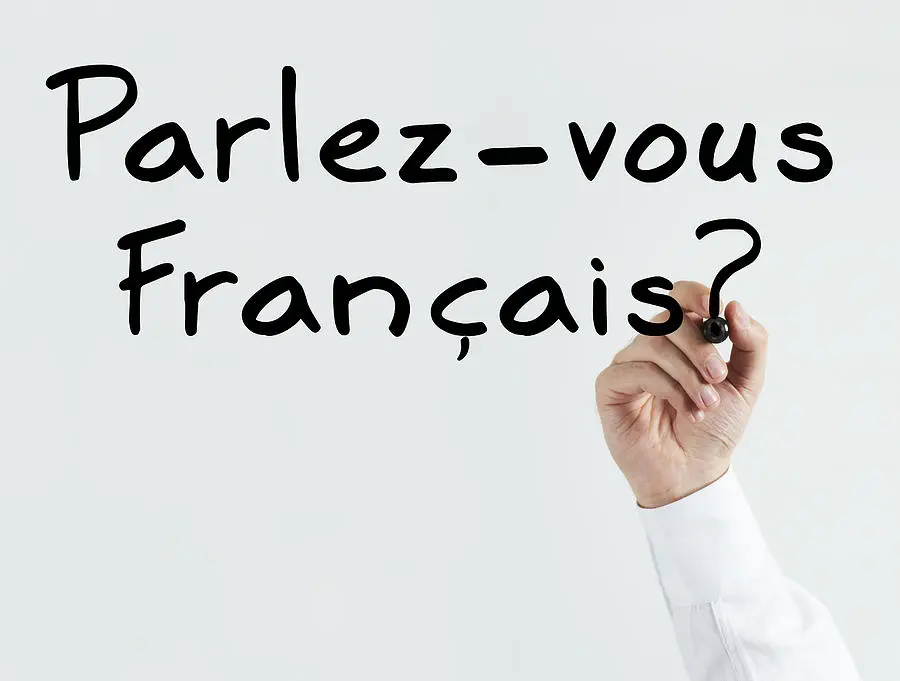
In Morocco, the French language occupies a unique and significant position in the social fabric, with its impact evident in various aspects of daily life. This status can be traced back to the historical and cultural influence that emerged as a result of close interaction with France. is Most Important Moroccan Spoken Languages
- Cultural Influence:
The French language serves as a cultural bridge connecting Morocco to the French heritage. Moroccans express their culture and traditions in French across various artistic and literary fields, contributing to the exchange of experiences and fostering cultural understanding.
- Economic Role:
The French language plays a vital role in economic life, being used in business establishments and international relations. It contributes to expanding job opportunities, enhancing trade, and promoting integration into the global economy.
- Education and Development:
French is taught in schools as a foreign language, enhancing educational opportunities and personal development. Many aspire to master it for better job prospects and effective engagement in the international community
- Modern Communication:
In the era of globalization, the French language is employed in media and social communication, promoting contemporary interaction and participation in global dialogues on various issues.
Conclusion
In conclusion, the richness of linguistic diversity in Morocco manifests as a fundamental element in the structure of national identity. Arabic and Amazigh converge as primary components, while the influences of the French language mirror historical impacts. This rich linguistic diversity reflects a varied heritage and enhances cultural interactions within Moroccan society.
START YOUR MOROCCAN ADVENTURE
Are you ready to embark on a Moroccan adventure that will stay with you forever? Get in touch with us today to begin planning your dream tour to Morocco. Let us know your interests, travel dates, and any specific requests you have, and we’ll craft a tailored itinerary that promises to create memories that last a lifetime.
